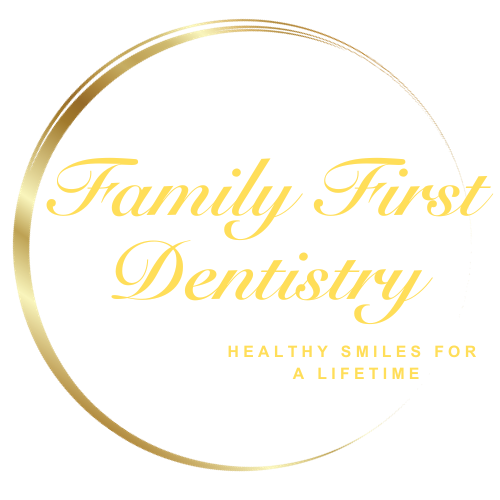Athletes with Poor Oral Health Risk Poor Performance/Health
Poor Oral Health Impacts Physical Performance and Overall Health
Athletes at Risk: Dental professionals routinely encounter patients at high risk for tooth decay and periodontal disease. While conditions like diabetes, heart issues, polypharmacy, and cancer are well-known risk factors, it’s important to recognize that athletes should also be added to this list. Their oral health deserves attention.
Oral health among athletes: Poor oral health habits can affect their performance and well-being in the short and long term.
Beyond the Mouth: Athletes may not realize that periodontal disease is linked to systemic conditions. Cardiovascular diseases (such as atherosclerosis and stroke) and respiratory issues (like pneumonia and bronchitis) have associations with periodontal health. Further, oral disease can cause pain, distress, inflammation, muscle fatigue, and oxidative stress, which can impair the athletes’ training and performance.
Untreated Oral Problems in Athletes: Studies have highlighted the prevalence of untreated oral issues among athletes. The 1958 FIFA World Cup in Sweden first reported this trend. Dental consultations during the 2012 London Summer Olympic Games constituted 30% of all medical visits. Additionally, screenings before the 2016 Rio Olympics revealed that nearly 50% of Dutch elite athletes required dental treatment for healthy participation in the games.
Impact of supplements and sports drinks on athletes’ oral health:
Dehydration and Saliva Composition: Dehydration is common among athletes and can lead to dry mouth. Unfortunately, using supplements and sports drinks for hydration instead of water can exacerbate the issue. Athletes may not have sufficient protective saliva, putting them at risk for oral health problems. Endurance athletes, in particular, face challenges due to intense exercise altering saliva composition and reducing its protective properties. The resulting acidic environment can impact both oral health and overall athletic performance.
Energy Replacement and Acidic Drinks: Intense training demands energy replacement, and athletes often turn to foods, sports drinks, energy bars, and gels high in carbohydrates and sugar. However, these products can be highly acidic, with a pH range of 2.4–4.5. Additionally, mineral salt replacements used by athletes are also acidic. The frequent acid attacks from these supplements raise the risk of caries and erosion in athletes’ teeth.
Prevention and education: It is important that athletes are educated about the risks of oral disease and the benefits of oral hygiene, fluoride, and regular dental visits. Athletes should be aware that there are pathways to reduce the damage caused by high sugar and acidic supplements.


